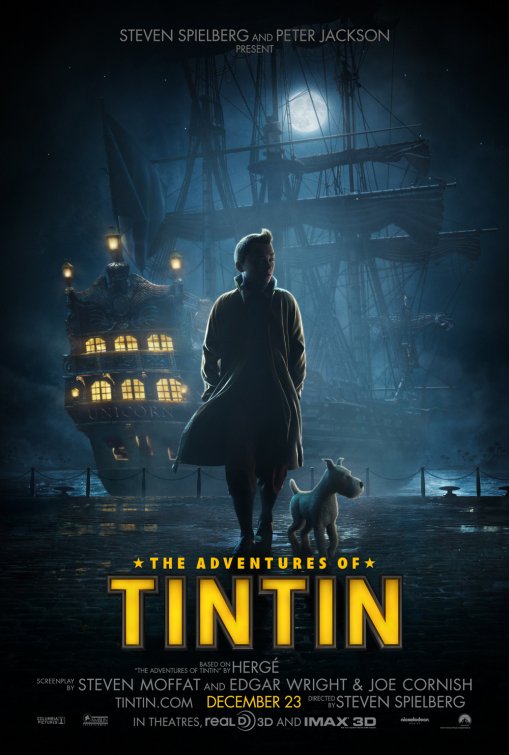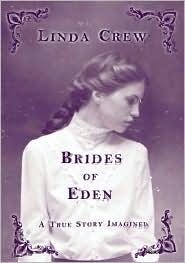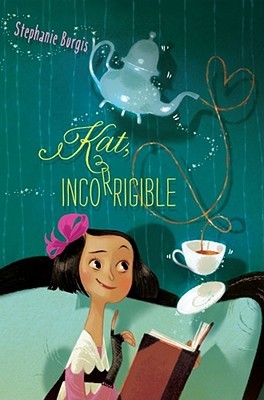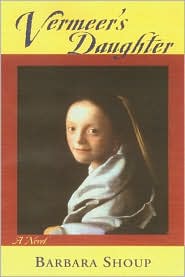 Rated: PG-13
First off, let me say that the trailer has, once again, fibbed, for the movie was not nearly as bad as it made it out to be, and you don’t know how glad I am to be able to say that. I was so worried that they were going to mess it up by trying to out-do the first one. Thank goodness, they didn’t.
Rated: PG-13
First off, let me say that the trailer has, once again, fibbed, for the movie was not nearly as bad as it made it out to be, and you don’t know how glad I am to be able to say that. I was so worried that they were going to mess it up by trying to out-do the first one. Thank goodness, they didn’t.
That said, I will admit that A Game of Shadows was not as good as the first one. Nor was I anticipating it to be. Don’t get me wrong – it was very good, and I have every intention of buying it, and may go and see it in theaters at least one more time (making a total of three viewings). But it simply was not as good as the first. There were a few scenes where I think the makers were trying to out-do the first one, but then realized that perhaps that wasn’t such a good idea, and stopped. The action level was not upped by much, but due to the manner in which they filmed the action sequences, it felt like there was. The biggest action scene I had an issue with was a part towards the end, when Holmes and Co. are running through the woods while being shot at with guns and heavy artillery. The makers put the majority of this scene in super, super slow motion; they were trying so hard to convince the Viewer that this was an intense scene, and all they ended up doing was producing a dragged-out, kind of weird action sequence that didn’t fit in to a Holmes movie. It’s almost as if they were making up for the fact that the movie is not in 3D (which I am profoundly glad it isn’t).
The train scene was almost as bad. Again, I don’t think it was necessarily a very long sequence, but it felt like one, due to the deviation from good dialogue and overzealous use of heavy guns. Now, I love big guns – the artillery and whatnot was way awesome, and completely fine. It was the way they used it – ripping through train cars and exploding trees in slow motion. It just felt a little excessive. And as for Sherlock dressing “in drag” during this train sequence, as a whole, I didn’t mind it at all – Holmes often disguised himself as a woman in the stories. But once the shirt came off, it became evident to me that the makers did it to give Downey Jr.’s abs some showtime, and that I do have an issue with, because then it is a deliberate deviation from the character’s behavior.
The other issue I had was Irene Adler, and I am so pleased that she left the story when she did, because her dialogue had become far less than pleasing. Irene’s character was more than threatening to become “The Flirt.” A female character whose sole purpose is to say sassy things to the hero, while being flirtatious and essentially eye-candy with an Attitude. Oh dear; when Irene started talking, I sighed heavily in my chair and prayed that she would not be in it long. The makers walked a fine line with her character in the first one the way it is, and they crossed that line for the few moments that she was in A Game of Shadows. I am also not entirely certain how I feel about the scene where Watson is drunk, for it seems to me that it was inserted merely for laughs, and my Sherlockian radar whirred a bit in protest. However, these two complaints are fairly small, since the scenes concerned are short.
What about Mycroft in his birthday suit? Those of you who have already seen the movie are probably dying to ask me that very question. Well, for one thing, no one should have to see that much of Stephen Fry – ever, – but I did think it funny, and I could actually see Mycroft doing that. Frown at me if you want, you Basil Rathbone fans – I could see Mycroft wandering about his house with not a stitch upon him!
It may seem that I have a great many things to complain about, but I have many things that I liked. For one, I loved Mary Morstan’s more active role in events (they continue to do her superbly), and Simza was entirely believable. I am so glad that they did not try to give her The Attitude, made her a macho-chick, or even attempted to turn her into a new love interest for Holmes. The dialogue, for the most part, was very funny while remaining true to the characters, and Moriarty was amazing. They could not have done him better; he possessed the cold calmness Moriarty displays – never allowing his temper to show, never leaves loose ends, never hesitates to kill those who get in his way. And through all of this, you could see the madness behind the genius. One thing I never liked about The Final Problem was it didn’t make clear what, exactly, Moriarty was trying to accomplish – starting WWI was, while not necessarily original, still brilliant and kept true to Moriarty’s character.
While I will admit that the storyline, as a whole, was better than the first installment, it had a few too many flaws to make it as good as Sherlock Holmes “1”. When flashbacks were used to explain events in the first movie, they were easy to follow, while the flashbacks in A Game of Shadows were a little harder, because they sped through them so quickly. They tried a little too hard to impress with a few action sequences in A Game of Shadows, and even the music wasn’t as good as the first one. It fit the movie, true, but I just didn’t prefer it as much, and the ambiance of the second was more like an adventure, and less like a mystery. Which is still in keeping with the Holmes stories – not all of his cases feel like mysteries. The Final Problem felt more like an adventure than a mystery, so both movies did feel like a Sherlock Holmes story. This one just had a few more flaws. As I told many people: A Game of Shadows got progressively better, whereas Sherlock Holmes was brilliant from beginning to end.
However. The last 10-15 minutes – in short, the end – make whatever flaws A Game of Shadows has well worth sitting through. The final showdown between Holmes and Moriarty was sheer genius, and the solution to Moriarty’s final act that would send countries into WWI a total surprise – and a good one, at that. The scene where Moriarty interrogates Holmes, while gritty and grim to watch, was excellent – it showcased Moriarty’s insanity quite well. But the end was perfect. It makes up for everything else; completely saved the movie. If I have put you off from seeing the movie because of my complaints against the action, go see it just so you can watch the end, because I can only say one thing about it: phenomenal. Maybe you have to be a Sherlockian like me to appreciate it like I did, but I was truly impressed.
Sherlock Holmes: A Game of Shadows is worth seeing; just don’t expect it be as good as – and especially not better than – the first one. And remember what I said about the ending. I pray that the makers keep in mind whatever it is they were thinking when they filmed the end, when they make the third movie.
























